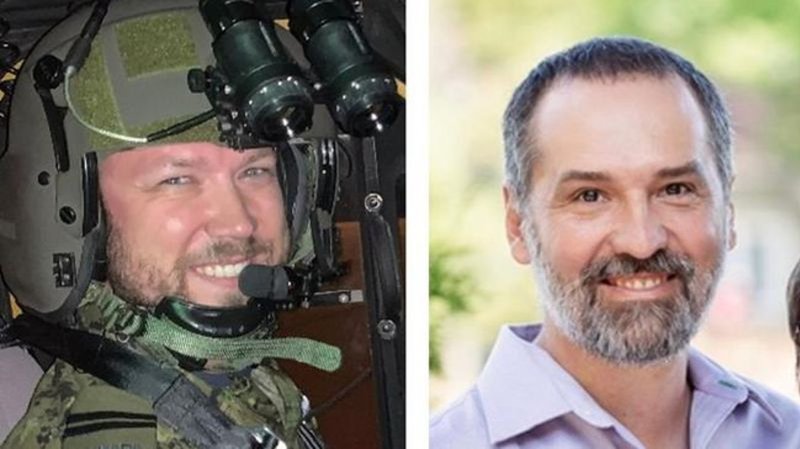
Military releases names of Air Force captains killed in Chinook helicopter crash
OTTAWA — The military has released the names of the two Royal Canadian Air Force members who were killed in a helicopter crash in eastern Ontario on Tuesday.
Capt. David Domagala and Capt. Marc Larouche were taking part in a nighttime training exercise near Garrison Petawawa when their CH-147F Chinook helicopter crashed into the Ottawa River.
Their families have allowed the military to share their names publicly.
Larouche, 53, was originally from Amos, Que., and joined the 450 Tactical Helicopter Squadron in 2016.


